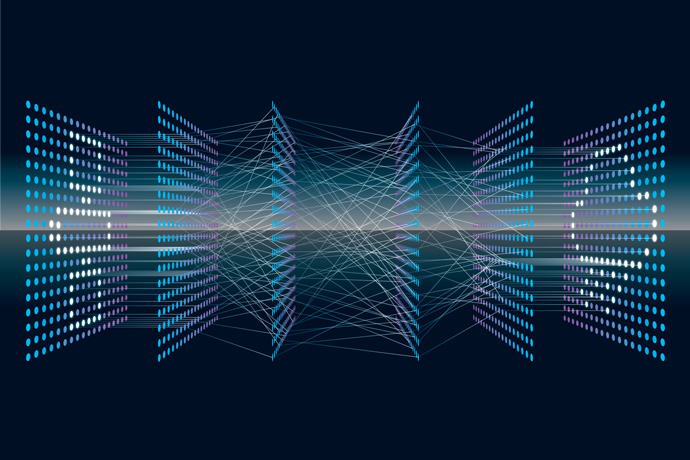
Host
Inna Polichtchouk (ECMWF)
Speaker
Marlene Kretschmer is a post doctorate researcher at the University of Reading. Before that she worked at the Potsdam Institute for Climate Impact Research in Germany where she received her PhD in climate physics. Her research focuses on the dynamical Stratosphere-Troposphere coupling and its impacts for winter circulation and especially for extreme weather events. To address these issues, she is particularly interested in applying novel statistical approaches from machine learning such as causal discovery algorithms. Moreover, she is keen on applying these new techniques to evaluate teleconnection processes in climate models and to improve sub-seasonal to seasonal (S2S) forecasts.
Abstract
In the light of ongoing anthropogenic climate change and associated risks, supporting regional decision making should be a guiding principle of climate research. However, seasonal forecast models only have low skill and climate models often give inconclusive results about regional aspects of climate change. One major source of uncertainty are dynamical drivers in the climate system, such as storm tracks or blocking, which are not well understood theoretically and where models show diverse responses.
The recent hype of machine learning promises data-driven solutions to these issues. While data-centric methods such as deep learning have and certainly will make notable contributions to the earth sciences, their power lies in their ability to efficiently describe complex relationships present in the data. There is reason to doubt whether these methods can, on their own, deal with the sort of epistemic uncertainty described above. Moreover, machine learners and climate scientists often lack a common language, making successful collaboration still difficult. In particular, climate scientists are trained to think in terms of causal relationships, whereas machine learning is mostly descriptive (i.e. correlational) and does not explicitly incorporate domain knowledge.
Here we call for the use of causal networks in climate science as a framework to overcome some of these challenges. We argue that causal networks are a simple yet powerful tool to translate qualitative expert knowledge about physical processes into mathematical objects, to gain quantitative information about the role of these processes through applying the rules of causal inference.